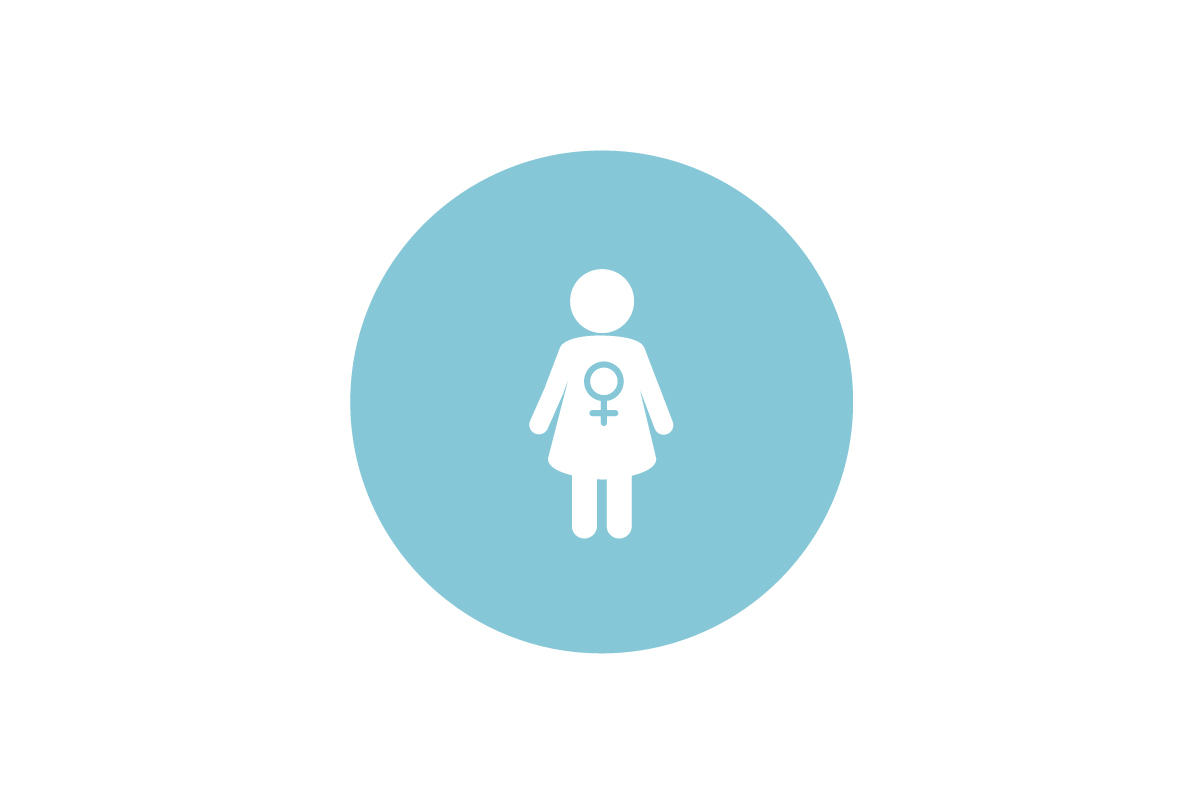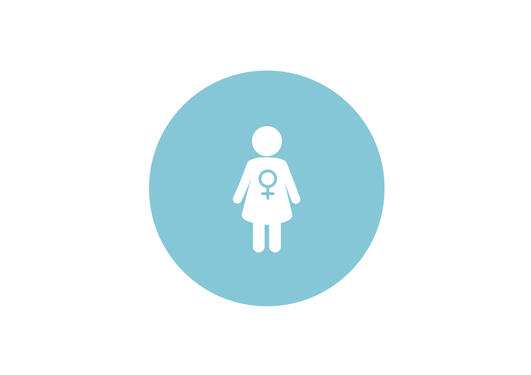SAFEZT
This study examines global and national policy discourses surrounding fertility control and abortion, as well as local practices and moralities among adolescents in Ethiopia, Zambia and Tanzania.
Main content
Competing discourses impacting girls’ and women’s rights: Safe Abortion and Fertility control in Ethiopia, Zambia and Tanzania
This three-year project examines global and national policy discourses surrounding fertility control and abortion, as well as local practices and moralities related to these issues among adolescents in Ethiopia, Zambia and Tanzania.
Fertility control and safe abortion exemplify the controversies over sexual and reproductive health policies and the gendered socio-cultural and religious norms affecting girls’ and women’s rights. The dynamics between the law, policies and access to fertility control and safe abortion services differ between Ethiopia, Zambia and Tanzania. Although all three countries have ratified the major international and regional conventions and protocols on the rights of women, including the Maputo Protocol on the Rights of Women in Africa, the laws regulating access to safe abortion services reflect differing legal histories. For example, judicially, abortion is legal in Zambia but illegal in Ethiopia and Tanzania.
In practice, however, Ethiopia is the most liberal of the three countries in terms of legal provision of safe abortion services, and the case of Zambia shows that a liberal abortion law is not a sufficient condition to secure access to legal abortion. Hence, the association between the status of the law and access to safe abortion continues to be unclear, and is a central question for comparison in this research project.
Concretely, the project aims to generate comparative knowledge of the interplay between policy, legislation and socio-cultural conditions framing girls’ and women’s reproductive choices. Furthermore, it aims to explore adolescent girls’ struggles and agency to handle their fertility within the given legal, socio-economic and religious frames, and finally to examine men’s involvement in the reproductive arena with particular emphasis on the power dynamics between men and women pertaining to fertility control and abortion.
Principal Investigator:
Astrid Blystad, University of Bergen, Norway
Co-Principal Investigator:
Getnet Tadele, Addis Ababa University, Ethiopia

